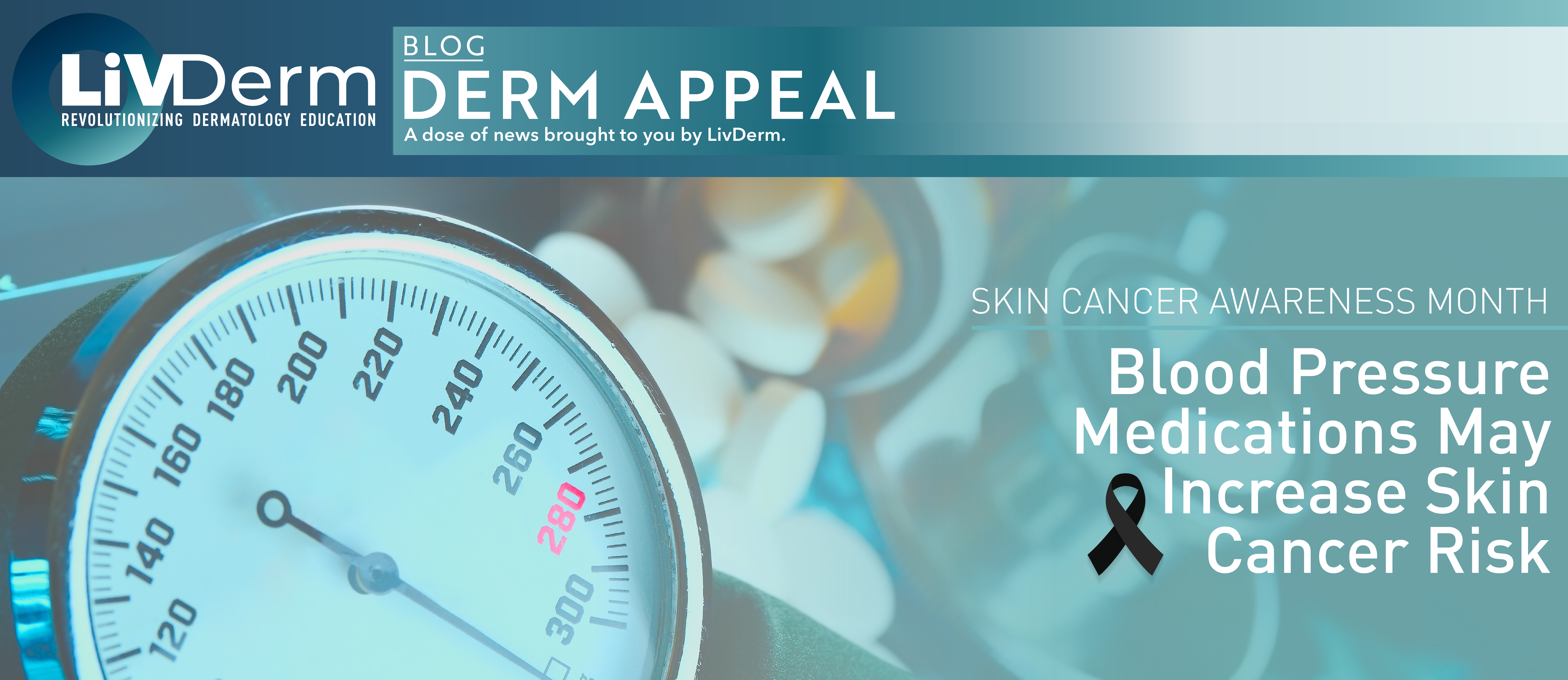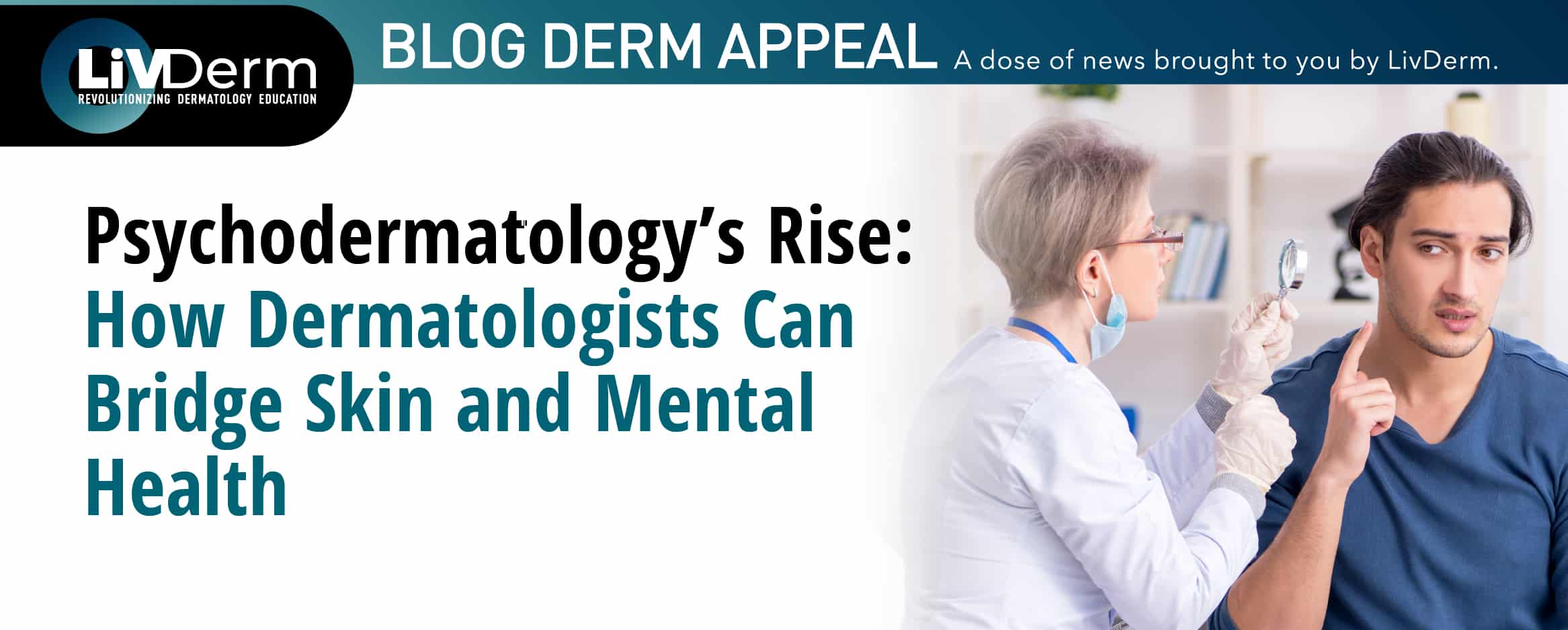Skin cancer is a continuously increasing cancer in the United States despite improvements in treatment and survival outcomes. While UV radiation exposure is the most important environmental risk factor to control for in terms of skin cancer prevention, photo-toxicity induced by certain medications can worsen cellular damage to the skin and increase the sun’s carcinogenic potential. Researchers have been investigating the classes of medications that contribute to this issue after discovering increased skin cancer risks associated with hydrochlorothiazide which led to regulatory safety warnings. Emerging research suggests that patients taking certain blood pressure medications may face a heightened risk of skin cancer due to an increased sensitivity to the ultraviolet radiation.
Association Between Anti-Hypertensive Medications and Skin Cancer
As part of a novel Canadian study, a team of researchers aimed to determine whether the use of thiazides and other antihypertensives is associated with increased rates of keratinocyte carcinoma and melanoma. They reviewed linked administrative health data from nearly 303,000 adults in Ontario aged 65 and above who were prescribed medications for high blood pressure treatment. The authors then compared their skin cancer histories with those of over 605,000 adults who were not prescribed antihypertensive drugs.
Participants with prescriptions for thiazides, angiotensin-converting enzyme inhibitors, angiotensin II receptor blockers, calcium channel blockers, and beta blockers were evaluated. Each class of antihypertensive was evaluated as part of a separate cohort study. Primary exposure was the cumulative dose within each class and primary outcomes were the time to first keratinocyte carcinoma, advanced keratinocyte carcinoma, and melanoma.
The study followed its participants over time to determine whether increased risk occurred as a direct result of the medications prescribed or whether the cumulative dose or duration of treatment might have impacted the risk level.
Thiazide Exposure May Increase Risk
The study’s findings showed that certain classes of antihypertensive medications – thiazide diuretics – were linked to higher rates of basal cell carcinoma, squamous cell carcinoma, advanced keratinocyte carcinoma, as well as melanoma. However, no consistent evidence of adverse effects on skin cancer risk were tied to the other blood pressure medications, angiotensin-converting enzyme inhibitors, beta blockers, angiotensin II receptor blockers, and calcium channel blockers. Overall, higher cumulative exposure was associated with increased rates of skin cancer, per the study’s findings.
“Our finding is not meant to rule out thiazide diuretics for patients,” study author Dr. Aaron Drucker, a clinical investigator in the dermatology department at Brown University’s Alpert Medical School, told WebMD.”Overall, it’s more a potential flag for someone who might be at increased risk of skin cancer, that has had one in the past or they have really fair skin and a lot of sun damage, that this might predispose them further to more skin cancer. Then, yes, someone like that might consider an alternative,” he explained,
”If you’re on these medications for just a few years, it doesn’t have a major impact on your cancer risk. But for someone who has been on, let’s say, 25 milligrams a day of hydrochlorothiazide for 10 years, in our study that person would have a 40% increased risk of keratinocyte carcinoma,” Drucker said. If they were on that same dose for 20 years, the increased relative risk compared to somebody who had not taken hydrochlorothiazide is a 75% increased risk, he added.
Noting the considerable effect of dosage and duration, the researchers concluded that the consideration of other antihypertensive medications may be beneficial for patients at a high risk of skin cancer. However, at this time, further research is needed to more comprehensively understand the underlying association between skin cancer and certain medications before more generalized recommendations can be made.
















